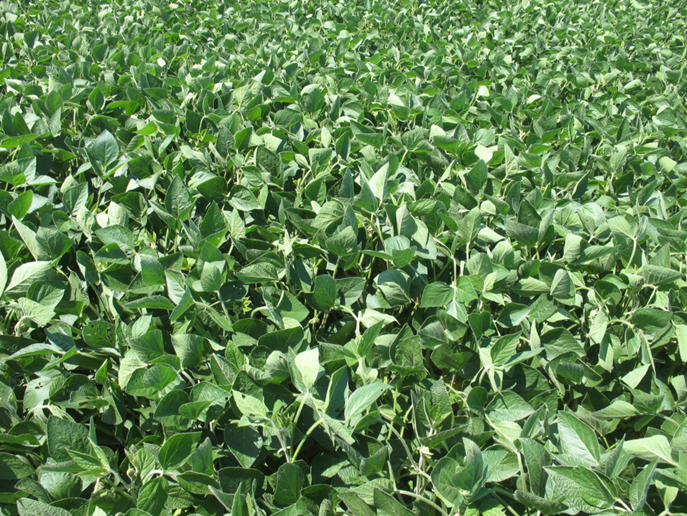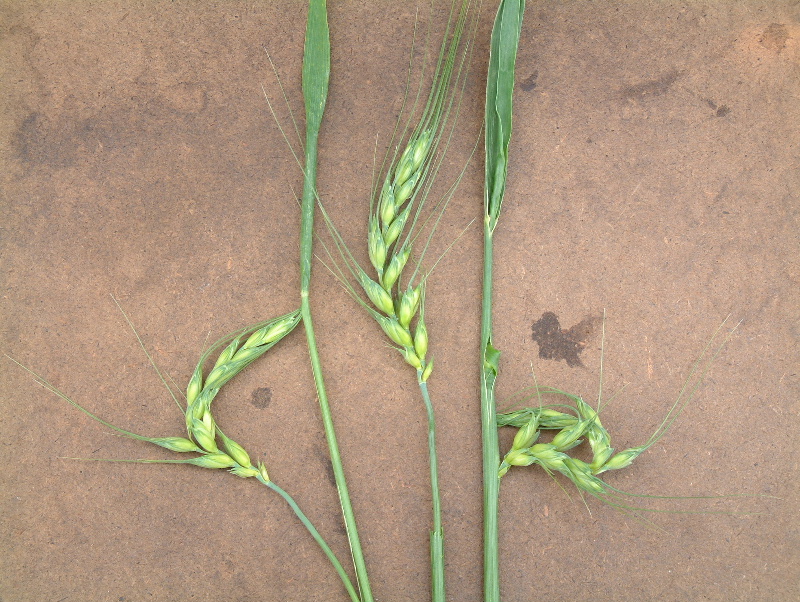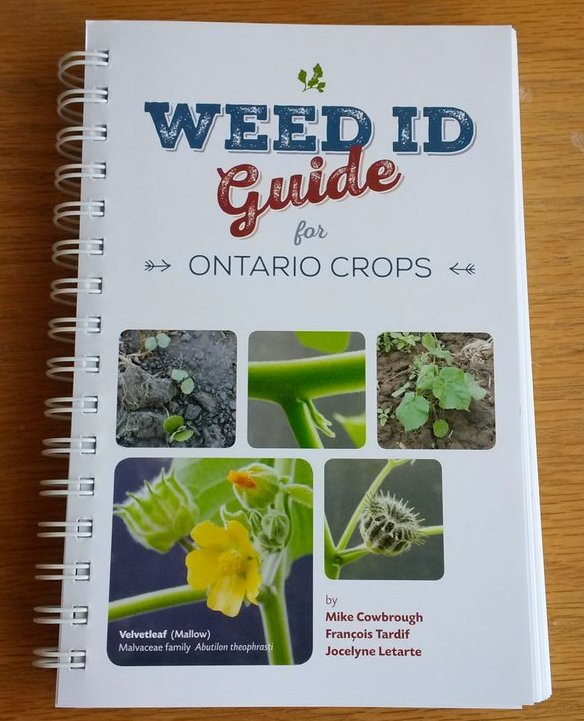What’s Working on the Farm? Practical Solutions for Problem Weeds

“Do not be cheap. Weed control is an investment into the current and future crops on every field.” That was parting advice from Norfolk and Oxford County farmer Ann Vermeersch at the 2019 FarmSmart Conference in Guelph. In front of 80 farmers and agronomists, I moderated a session with Vermeersch and Steph Kowalski, a […]













